“We saw the lightning and that was the guns; and then we heard the thunder and that was the big guns; and then we heard the rain falling and that was the blood falling; and when we came to get in the crops, it was dead men that we reaped.”
Do you know that feeling that you get when you finish an amazing book but you realize that it still has a strong grip on your heart? I had it after finishing Jesmyn Ward’s brilliant, bold, and searing memoir, Men We Reaped (2013).
I read Ward’s Salvage the Bones (2011) a couple of years ago and thought that it was really special, so I eagerly looked forward to Men We Reaped. After reading the last stunning page, I’m convinced more than ever that Ward is someone to read—to talk about, to teach, etc.—because she offers valuable insights into what it's like being a Black American, and specific to her subject, a Black American in the South. In addition, Ward has something truly valuable to tell us about being human: how we love, grieve, misunderstand, comfort, judge, care, hurt.... You have to read this book. Men We Reaped tells Ward’s story of growing up in Mississippi interspersed with chapters which focus on the lives of five men whom Ward loved and lost between 2000-2004. The last man Ward focuses on is the first to die chronologically, and also Ward’s greatest loss, her brother, Joshua. An elegiac book, Men We Reaped pays tribute to these men—to the physical and emotional qualities which made them them—and to the community they’ve left behind. But what I also appreciated about this book is that this isn’t just an important read on how black men are oppressed, denied, and limited, but how black women face their own challenges in raising their children and trying to keep their families together and safe. Ward’s childhood is, like most childhood’s, affected very much by the relationship between her parents. Ward’s mother kicked her father out of the house for the last time after she realized that he was cheating on her again with his much younger lover. At that time Ward and her brother, Joshua, were “Both of us on the cusp of adulthood, and this is how my brother and I understood what it meant to be a woman: working, dour, full of worry: What it meant to be a man: resentful, angry, wanting life to be everything but what it was.” A wealthy white employer of her mother’s pays for Ward’s private school tuition. This, coupled with Ward’s hard work, leads to Ward going to Stanford and the University of Michigan. Her brother Joshua “had lesser models and lesser choices, and like many young men his age, he felt that school was not feasible for him.” He ends up selling crack for a while, which Ward says is not uncommon for men in their community. Later, he’s killed by a white drunk driver, who only gets sentenced to five years for killing her brother. This is a book about love and overwhelming grief, but it’s also a book about the black southern woman’s experience, the black southern male’s experience, and how those experiences are affected by also growing up poor. Though Ward ends up attending school on the West Coast and then in Michigan, she has an abiding love for Mississippi which leads her to return home repeatedly throughout her adulthood. The place, and the past, have holds on her. Ward is clear that while she has left Mississippi at times, she has not been unaffected by growing up a black woman in the South, by the “great darkness bearing down on our lives” which “no one acknowledges.” I was spellbound by the beauty of Ward’s writing and devastated by the sadness and horror of her losses. If you haven’t read her work before, pick up this book, or Salvage the Bones, both of which are gorgeous and wrenching reads. Her next book, an anthology called The Fire This Time, is already on my to-read list.
0 Comments
Leave a Reply. |
About me.Give me that HEA, please.
Join my mailing list.Want to receive a weekly email with links to my latest blog posts? Sign up below!
Archives
April 2024
Categories
All
|


 RSS Feed
RSS Feed
